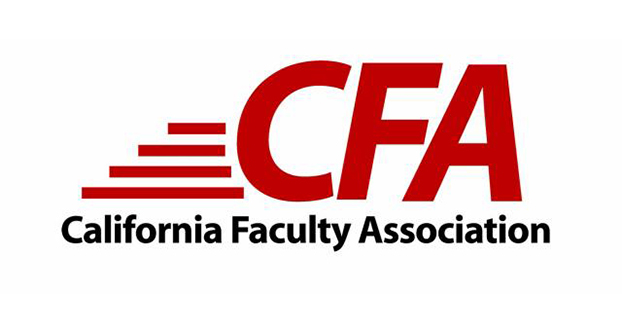California State University faculty might be receiving a salary boost within the next few years.
The California Faculty Association’s (CFA) bargaining team and board of directors voted unanimously on Sept. 25 for a tentative agreement with California State University management on a two-year contract extension.
“It is especially important that with this agreement, CSU management has committed to work hard along with CFA to win the state funding for our public university system that our students need and deserve,” said CFA President Jennifer Eagan in a September news release.
The contract extension includes a salary increase of 6 percent that will be distributed over the next two years. In 2018, faculty salary will increase by 3.5 percent, and in 2019, it will increase by 2.5 percent.
Diane Blair, president of Fresno State’s chapter of CFA, said the faculty who will receive this raise would include part-time and full-time faculty; tenured and tenure-track faculty; librarians; counselors; and coaches who teach courses.
“That helps to make sure that we’re not falling behind in terms of inflation, and it provides a way for faculty to plan for themselves and their families going forward,” Blair said. “And we get to have all of that without a big contract fight which is pretty great.”
The original contract is set to end in January of 2018, and the proposed extension will extend to 2020.
Current contract language on faculty benefits, including health insurance and retirement, will remain the same.
The next step will be for all the CFA members to vote on the final agreement before the November CSU board of trustees meeting.
“Typically, they [the board] want to hear from faculty and if the faculty are happy and have voted for the agreement, then the board of trustees is usually supportive as well,” Blair said.
Blair said this extension will let the CFA focus on potential projects for student success. These include advocating for DACA students and a push for free higher education.
The agreement also proposes joint working groups to discuss issues such as academic freedom, intellectual property, and repairs to the broken salary structure.
“Not having to battle over our own contract gives us time and energy to work on those things,” Blair said.




